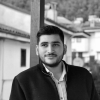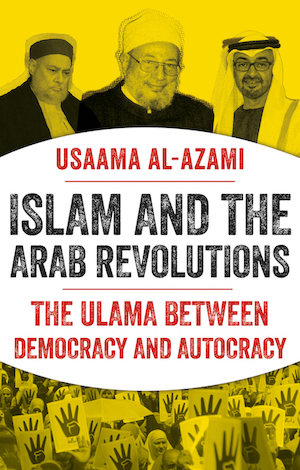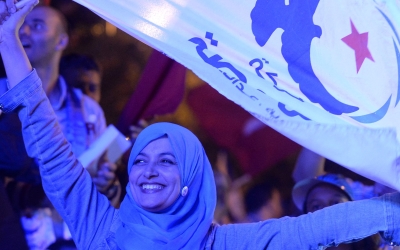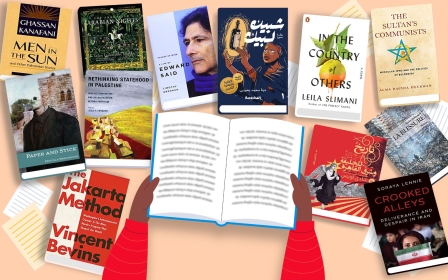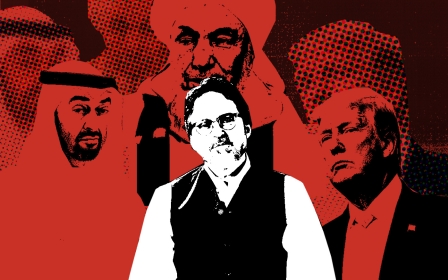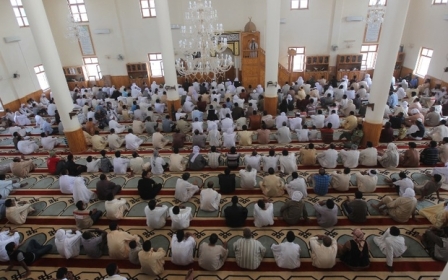What unites and divides the world's most prominent Islamic scholars?
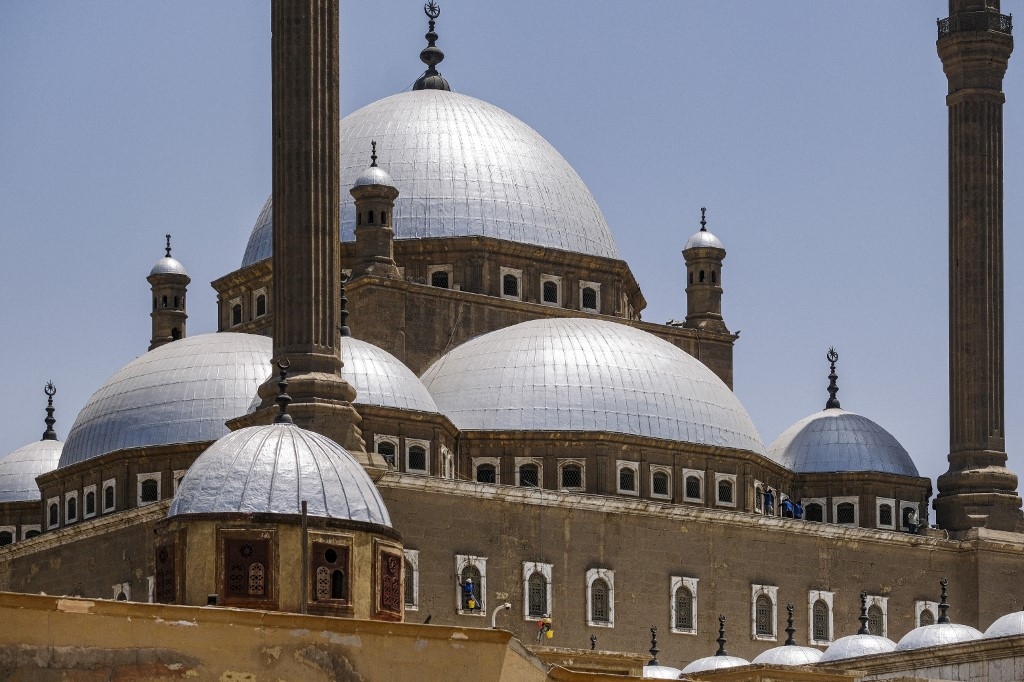
Two years after the Egyptian revolution, and just weeks after the country's first democratically elected president was deposed in a coup, thousands of protesters gathered at Cairo's Rabaa square. In the early hours of 14 August 2013, gunshots rang out as heavily armed Egyptian security forces moved in, firing on the crowds of peaceful protesters, including women and children.
Eyewitnesses even reported security forces shooting at helpless civilians from helicopters, while protesters trying to flee were trapped at the square's exits. Although estimates of the death toll vary, scholar and author Usaama al-Azami estimates it might have reached into the thousands.
A video clip was later released in which the former Grand Mufti of Egypt, Ali Gomaa, was seen speaking to throngs of uniformed officers. He insulted the protesters, comparing them to heretics and misconstruing the words of the Prophet Muhammad to suggest they should be "destroyed".
What could possibly have driven Gomaa, who had been one of the most powerful religious authorities in Egypt, to sanction such blatant brutality?
Azami meticulously documents the religious justifications used by both pro-democracy and anti-revolutionary ulama
In his new book, Islam and the Arab Revolutions (November 2021), Azami skillfully analyses some of the Muslim world's most prominent Islamic scholars, from apologists for brutal dictatorships to defenders of Islamic democracy and human rights.
New MEE newsletter: Jerusalem Dispatch
Sign up to get the latest insights and analysis on Israel-Palestine, alongside Turkey Unpacked and other MEE newsletters
He examines the political leanings of authoritative religious scholars, also known as ulama, and their attitudes towards political power and revolution. In a granular but emotional text, Azami examines the world's most popular Muslim scholars, including Gomaa, Yusuf al-Qaradawi, Abdullah bin Bayyah and Hamza Yusuf, whose opinions and ideologies vary greatly.
Azami meticulously documents the religious justifications used by both pro-democracy and anti-revolutionary ulama, alongside their references to Quranic verses and prophetic traditions. He analyses the gradual shift of some scholars - including bin Bayyah and Yusuf - from democracy to monarchy.
Justifying violence
Azami is primarily concerned with the relationship between two highly influential Sunni Muslim movements: Islamism, which he defines as a political movement associated with the Muslim Brotherhood, and neo-traditionalism, a religious leaning that emphasises the importance of the four schools of law, Sufism and aversion to Salafism.
The book mainly focuses on Egypt, documenting the stomach-churning religious opposition to the 2011 revolution and support for the Rabaa massacre. Notable religious leaders not only opposed the revolution, thus justifying the repression of the 30-year Mubarak regime, but continued to support military rule throughout the elections, coup and subsequent Rabaa massacre.
Azami demonstrates the closeness of such scholars to autocratic rulers, even likening their justification of violence to the Islamic State's justification of brutality against fellow Muslims.
Azami also reveals the unsettling implications of the theology espoused by pro-state ulama. While the Islamic tradition "historically required rulers to adhere to the rule of Islamic law as developed by independent jurists," scholars such as bin Bayyah and Yusuf have repositioned the entire hierarchy of Islam, viewing the state as a locus for law and political imperatives as equivalent to divine mandates.
At the same time, Azami shows how countless scholars educated within the state religious establishment, especially al-Azhar University, opposed the coup and encouraged the millions of protesters who took part in the Arab Spring, from Tunisia and Libya to Egypt and Syria.
Azami's book gives the reader a glimpse into the strong emotions that followed the Rabaa massacre: betrayal, injustice, hatred, despair and misery. He translates and analyses heart-wrenching passages of a sermon delivered by the blind scholar-orator Rajab Zaki after the attack.
Thin dividing line
Perhaps Azami's most significant contribution lies in his discussion of Qaradawi, the Muslim Brotherhood-aligned advocate for "Islamic democracy". Qaradawi is portrayed as an emphatic supporter of peaceful but revolutionary change, representative of a large part of the Muslim population, and an ambassador for neo-traditionalist Islamism.
Azami explores Qaradawi's political views, including his gradualist approach to change and limited sanction of armed rebellion in cases of necessity and public interest.
But while Qaradawi is clearly anti-autocracy and pro-Islamic-democracy, the author does not sufficiently address the thin dividing line between democracy and autocracy. Advocates for Muslim revolutions, including bin Bayyah in his early days and Qaradawi, do not directly address how their democratic alternatives are any different.
The author does not elaborate on how Qaradawi's acceptance of modern state institutions results in affirming the same oppressive neocolonial institutions. In this sense, both "enthusiasts for the popular revolutions" and "prominent defenders of the autocratic regimes" are two sides of the same coin.
At the same time, Azami exposes the contradictory nature of western critiques of Islamism. He notes how scholars such as Andrew March critique Islamic democracy for likely falling into the same pitfalls as present-day autocracies, and points out that these critiques apply just as pertinently to liberal democracies in the West.
The fact is that the modern state, in its marriage with liberal "democracy," has redefined identity on the basis of loyalty to the state and the abstract concept of the "people". The inevitable result is a forced restructuring of identity through centralised education, mass media and the police state.
Insofar as Islamic democracy is an attempt to ground Muslim principles within the problematic institutions of the modern state, it is pertinent to ask whether Islam and the state are even compatible enterprises.
Azami's book contextualises the thoughts of a diverse range of highly influential Muslim scholars, exposing the rifts and political connections that underlie them. Overall, Islam and the Arab Revolutions is a must-read in the field of contemporary Middle Eastern history and Islamic political thought.
The views expressed in this article belong to the author and do not necessarily reflect the editorial policy of Middle East Eye.
Middle East Eye delivers independent and unrivalled coverage and analysis of the Middle East, North Africa and beyond. To learn more about republishing this content and the associated fees, please fill out this form. More about MEE can be found here.


